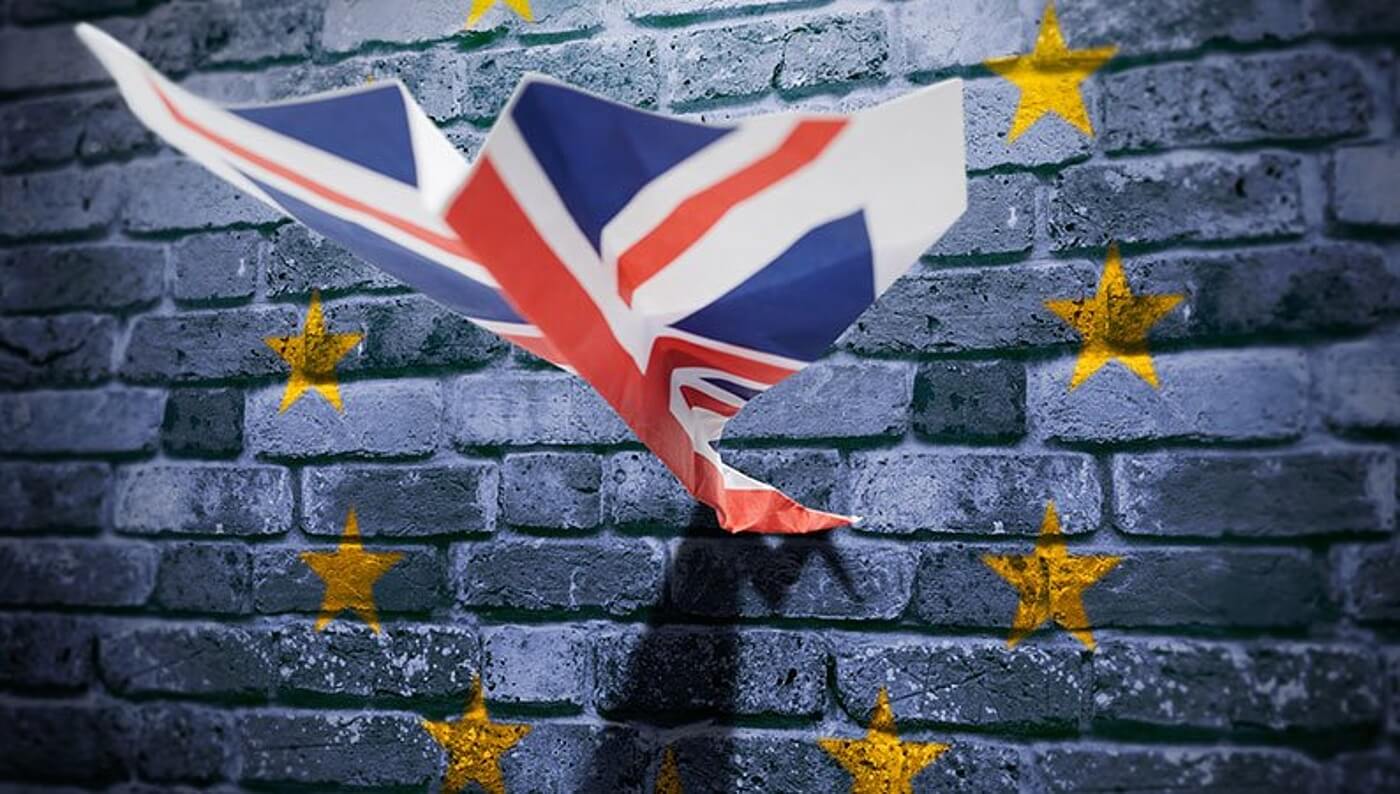
All eyes on Germany as the UK says "No" to the Unitary Patent system
In contrast to last year's promises, yet unsurprisingly, it has been revealed that the UK Government will not participate in the Unified Patent Court (UPC). As recently confirmed by a spokesperson of the UK government, "participating in a court that applies EU law and bound by the CJEU (Court of Justice of the European Union) is inconsistent with our aims of becoming an independent self-governing nation."
The decision sparked dismay among IP lawyers in the UK, especially since London was supposed to be the location of one of the three main courts for litigating unitary patents. Given that membership of the UPC is a prerequisite to join the Unitary Patent system, the consequence is that the UK will not be able to join the system altogether. This raises the question of whether the new harmonized patent system will eventually be attractive to patent holders without the United Kingdom as a member.
However, and as a consolation prize for UP supporters, the country remains a signatory state of the European Patent Convention (EPC). Consequently, there will be no need to reapply for a domestic UK patent once a European Patent is granted by the European Patent Office (EPO). Different story with EU-wide community trademarks granted by the European Union Intellectual Property Office (EUIPO) for which you do have to reapply.
The benefit of the Unitary Patent system
Up to this point, a granted European patent turns into a bundle of national ones via validation agreements. The procedure comes mostly with translation requirements and burdensome formalities in each EPC member state where the patent is validated. Then again, the maintenance of those separate patents requires renewal fees to be paid locally in each country. Also, patent infringement proceedings are conducted on a national level, which sometimes leads to multiple lawsuits (and potentially inconsistencies) in the EPC countries regarding the same European patent.
The proposed Unitary Patent system seeks to offer an alternative to the current scenario by making available a single title / object of Intellectually Property right and by removing the need for separate, post-grant validation procedures. Since a granted Unitary Patent will be automatically valid in all participating member states, there will be no need to perform costly formalities in each country. Patent protection in Europe would, therefore, become more cost-effective and an attractive proposition, particularly for small and medium-sized enterprises.

A bumpy road
For years, stakeholders have been striving to achieve a genuinely trans-European patent system with a common court within the EU member states. The Unitary Patent system is the result of those long-lasting efforts.
Still, for the system to come into force, the Agreement on a Unified Patent Court (UPCA) must be ratified by at least 13 of the participating member states, including Germany, France and the UK. Whereas France and UK have already confirmed the Agreement, the ratification process in Germany came to a halt in 2017 when a constitutional complaint was brought before the German Constitutional Court. Doubts can be cast on whether the previous UK ratification of the UPCA still counts towards the legal requirement for entry into force of the new system. It cannot, however, hinder its start since the Netherlands already ratified the UPCA together with France.
Waiting for Germany
Because of the pivotal role that Germany plays for the future viability of the new harmonized system, all eyes are now on the German court. The decision of the constitutional challenge is likely to be rendered before the end of Q1 this year. Dennemeyer's comprehensive suite of international IP law services offers the full spectrum of coverage and representation you will need to ensure thorough protection of rights in the UK and EU alike.
Filed in

A country and a supermarket continue their tussle over a trademark. Meanwhile, a study reveals the extent of academic patents in Europe and a publishing house tackles AI.




